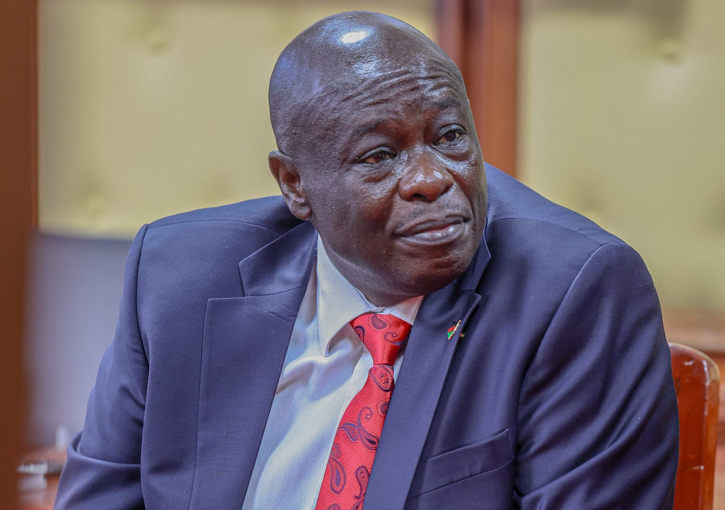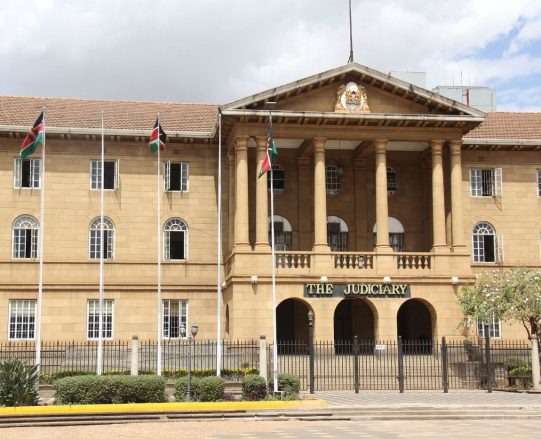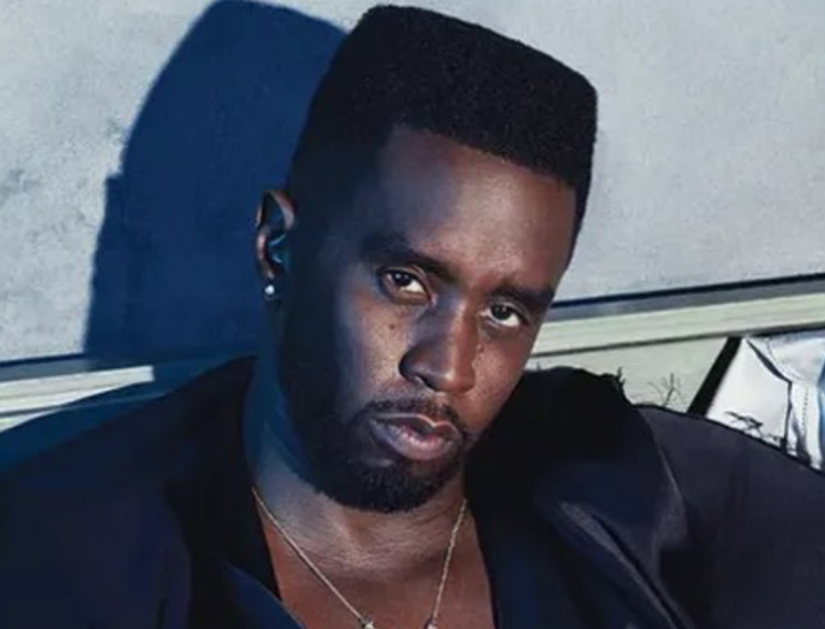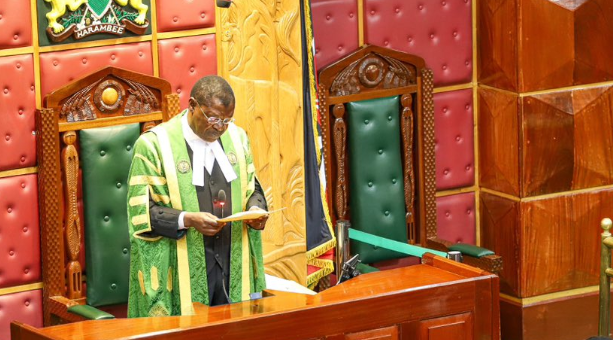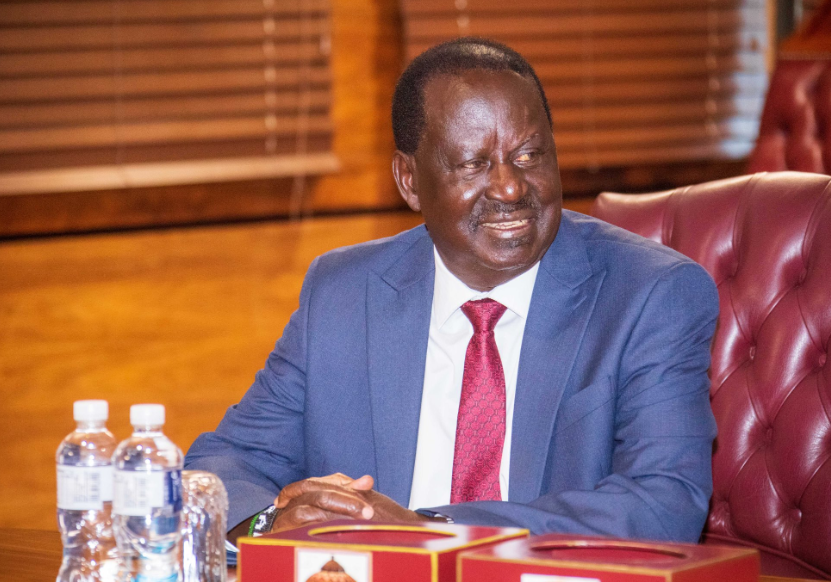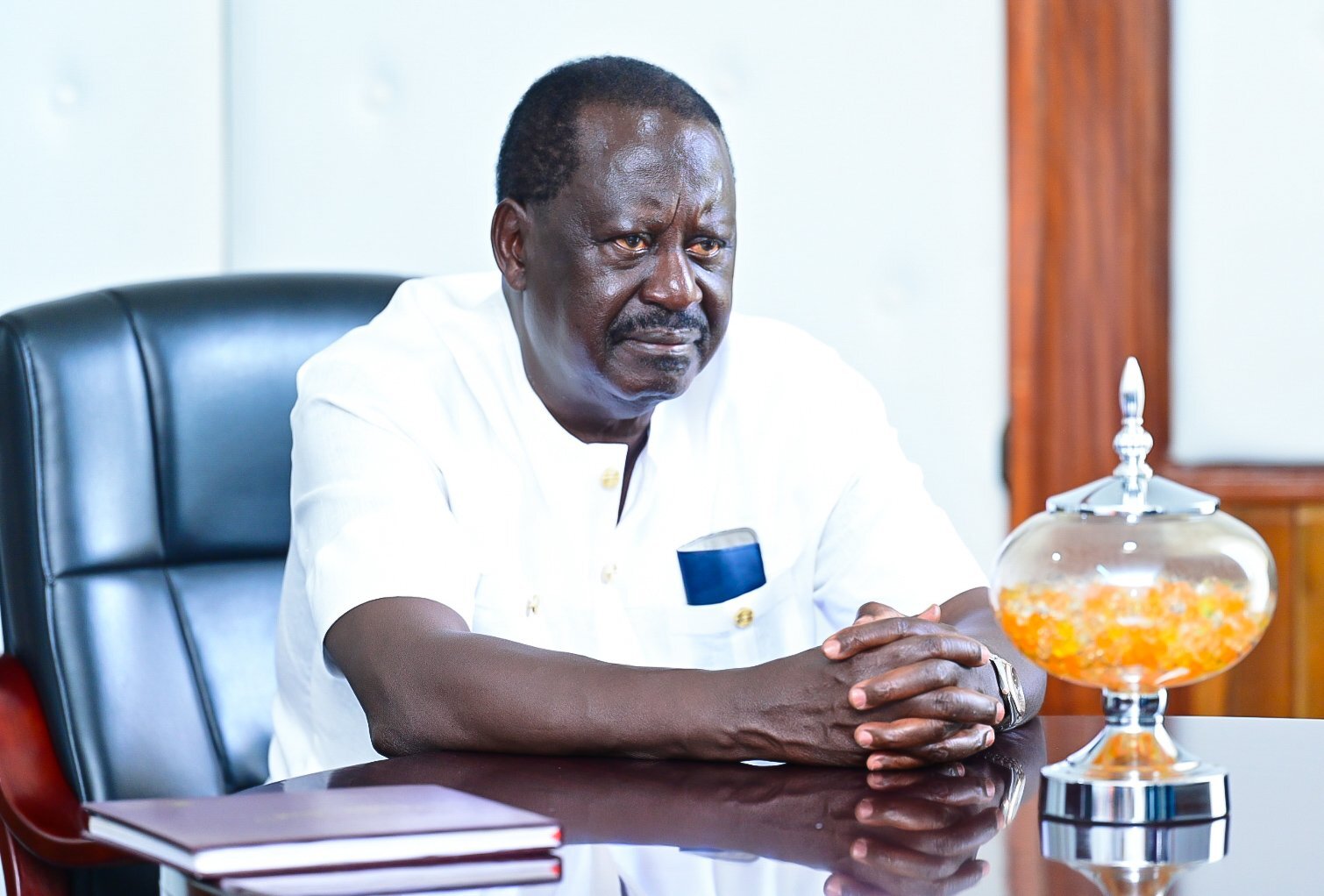EDITORIAL: Sobriety pivotal in consent age debate

Opinion is sharply divided whether Kenya should lower the age of consent from 18 to 16 years as suggested two months ago by three Court of Appeal judges.
Judges are of course predisposed to thoughtfulness and as much as theirs was no more than a proposal, it has sparked heated debate with child rights activists, caretakers and teachers stridently rejecting the idea.
With school principals this week proposing that the age of consent be raised to 20 years, Kenyans must embrace the debate informed by sound reasoning and emerging realities, including probing judiciously whether the current 18-year threshold is redundant or needlessly too high.
Several questions are being asked; including whether simply by lowering or scaling up the age the consent age we are running away from the fix we find ourselves in.
Kenya is considered to have one of the highest age of consent but has also put in place laws that act as deterrent in the event of breach and violation.
The Children’s Act of 2001 defines a child as any human being under the age of 18. This definition is used in the Sexual Offences Act in determining the conviction terms.
Some experts suggest the age of sexual consent should not be too low or too high, because it needs to recognise children’s evolving capacity and oppose criminalising consensual sex if somebody has reached the age of 18.
What is more, there are findings that nationally, more than 30 per cent of adolescents (aged 15–19), whether married or not, have had sexual intercourse (37 per cent females and 41 per cent males).
Besides issues of personal and moral values, teachers should be advocating for the inclusion of sexual and reproductive health of teenagers into mainstream health and development.
Is the emphasis on strict abstinence even when the teens can access certain information and even porn in this age of the Internet prudent?
However, there must be resoluteness in ensuring protection of the vulnerable from sexual exploitation by adults, including rogue teachers.
Sex must be between consenting adults but having said this, let’s agree that the law currently pronounces 18- year- olds adults who can vote, get married and so on.
We are aware that head teachers mean well for their charges and want them to cross over the line before engaging in matters that imperil their path to academic success but this matter must be debated dispassionately.

